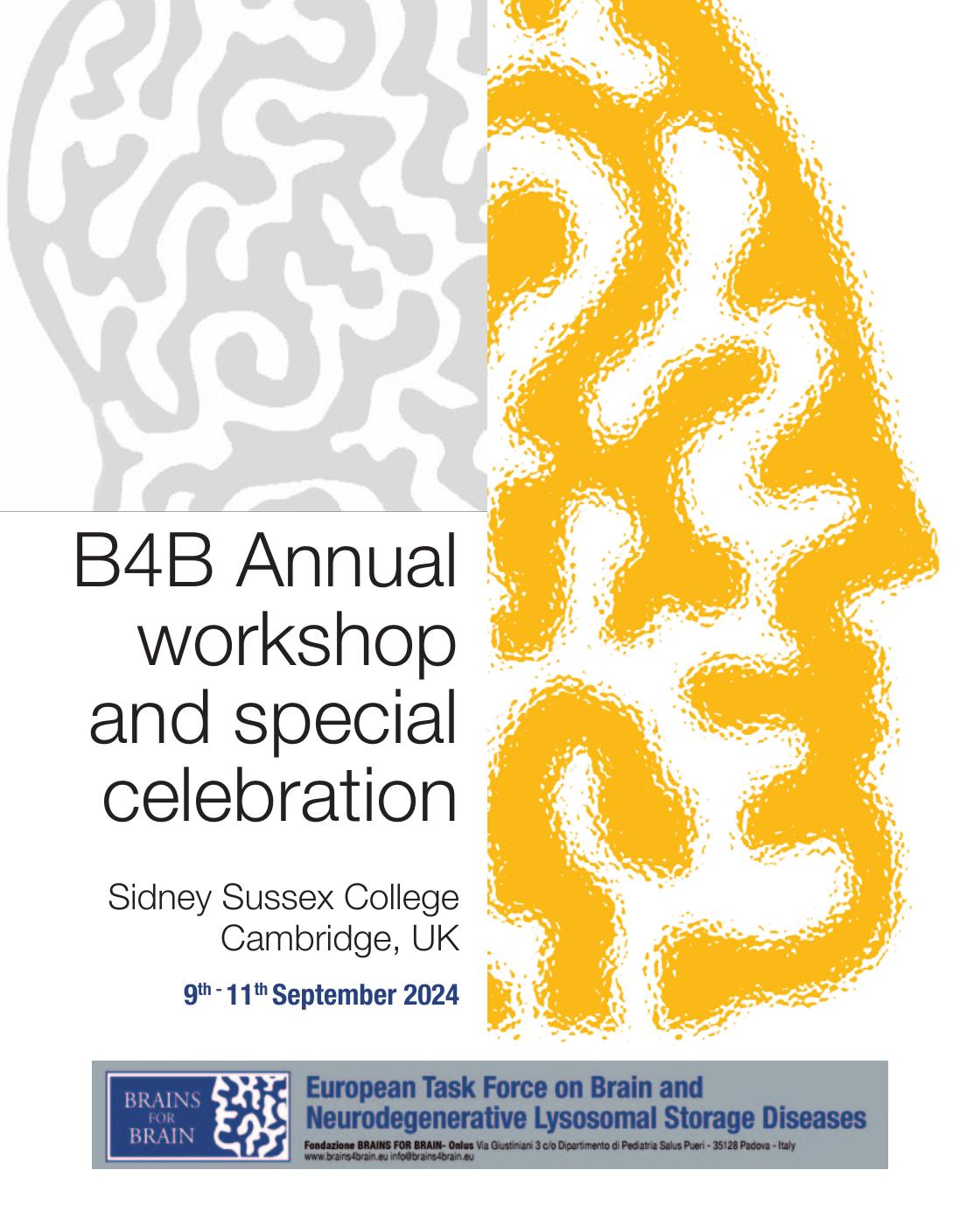 It is with profound sadness that we announce the passing of our dear friend and esteemed colleague, Professor David Begley, PhD, on the evening of July 6, 2023. David was a towering figure in the world of pharmaceutical sciences and a tireless advocate for advancing research into the treatment of central nervous system (CNS) diseases.
It is with profound sadness that we announce the passing of our dear friend and esteemed colleague, Professor David Begley, PhD, on the evening of July 6, 2023. David was a towering figure in the world of pharmaceutical sciences and a tireless advocate for advancing research into the treatment of central nervous system (CNS) diseases.
David’s distinguished career spanned decades, during which he made invaluable contributions to our understanding of the blood-brain barrier (BBB) and its role in drug delivery to the CNS. As a Senior Lecturer in Physiology at King’s College London, he led a laboratory within the Institute of Pharmaceutical Sciences that was at the forefront of this critical area of research.
David’s expertise and impact extended far beyond the walls of King’s College. He was the Friedrich Mertz Stiftungsgast professor at the Johann Wolfgang Goethe-Universität in Frankfurt for the academic year 1997-1998 and was a visiting Academic in Residence at GlaxoSmithKline from 2005 to 2007. He also served as the Organizer and Chairman of the prestigious Gordon Conference on “Barriers of the CNS” held in New Hampshire in 2002.
Throughout his distinguished career, David was a constituent part of the Pharmaceutical Sciences Research Division, where he was recognized as one of the world’s leading authorities on the function of the blood-brain barrier. His groundbreaking work contributed greatly to our understanding of the effects of storage and secondary effects of storage on the BBB, which was instrumental in advancing the field of lysosomal storage diseases.
In addition to his academic pursuits, David was a co-founder of the Brains for Brain Foundation in 2007, where he worked tirelessly to network basic BBB scientists, neurophysiologists, and neurologists to uncover new ways to deliver drugs across the blood-brain barrier. This collaborative effort was a testament to David’s commitment to driving innovation and improving patient outcomes.
David’s loss is deeply felt by all who had the privilege of knowing him. His extraordinary scientific contributions, his generosity, and his unwavering humanity will be sorely missed. As we mourn the passing of this remarkable individual, we are reminded of the indelible mark he has left on the field of pharmaceutical sciences and the lives he has touched.
Ciao, David. Thank you for your friendship, your passion, and your relentless pursuit of scientific excellence. Your legacy will continue to inspire generations of researchers to come.





 In the spirit of David’s vision and dedication, we aim to once again breathe life into the B4B initiative.
In the spirit of David’s vision and dedication, we aim to once again breathe life into the B4B initiative.
 It is with profound sadness that we announce the passing of our dear friend and esteemed colleague, Professor David Begley, PhD, on the evening of July 6, 2023. David was a towering figure in the world of pharmaceutical sciences and a tireless advocate for advancing research into the treatment of central nervous system (CNS) diseases.
It is with profound sadness that we announce the passing of our dear friend and esteemed colleague, Professor David Begley, PhD, on the evening of July 6, 2023. David was a towering figure in the world of pharmaceutical sciences and a tireless advocate for advancing research into the treatment of central nervous system (CNS) diseases.